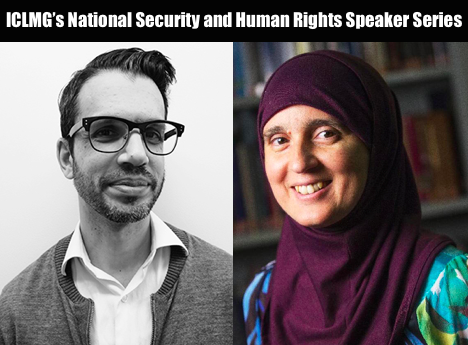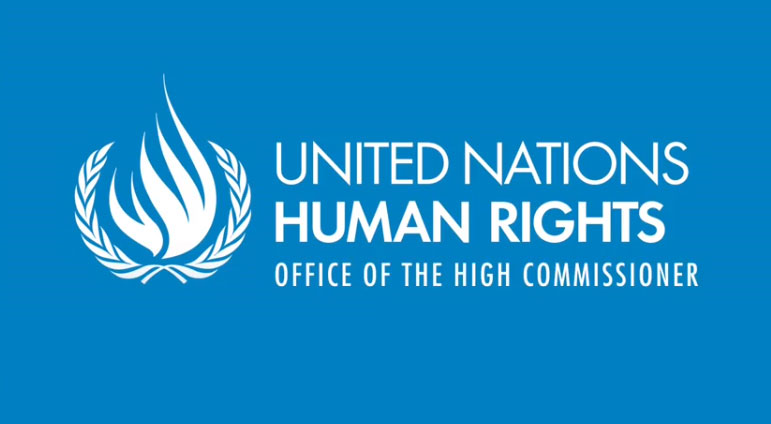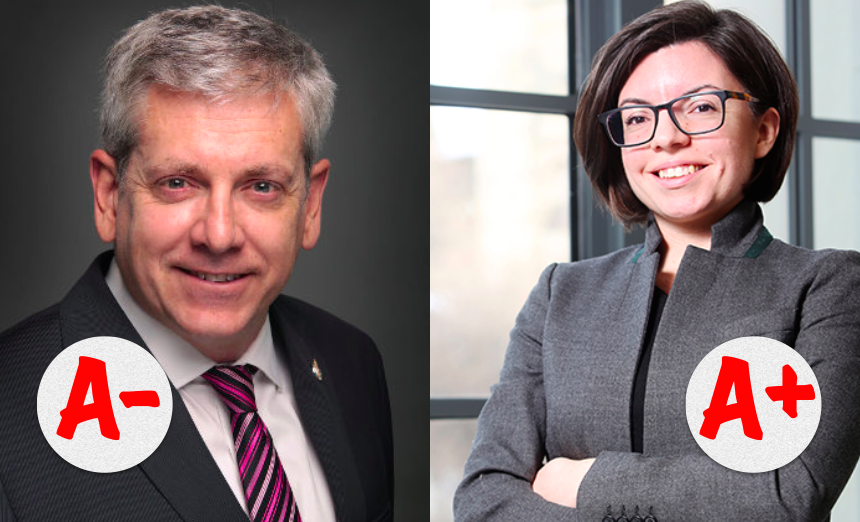WATCH THE VIDEO NOW
Make sure to like our Facebook page to stay informed of the future panels!
If you are not in Ottawa, you can watch the talk LIVE or watch the video later on our Facebook page. Like the page to get notifications to that effect.
Join us for our second panel:
“Islamophobia in Canada: How national security impacts Muslim communities”
When: Tuesday October 24, 2017 from 7:30 to 9:30PM
Where: 25One Community, 251 Bank Street, 2nd floor, Ottawa (Google Maps)
What: Dr. Monia Mazigh and lawyer Yavar Hameed will be discussing the double standard and the polical use of the word terrorism; the impact of islamophobia, anti-terrorism laws and national security agencies’ actions on Canadian Muslims; and how Islamophobia is both a cause and a consequence of Canada’s national security apparatus.
Our National Coordinator, Tim McSorley, will be moderating, and we will have a Q&A after each presentation. Le panel sera en anglais mais vous pourrez poser vos questions en français.
RSVP, share and invite your friends on Facebook
The event is FREE and open to everyone. We will be collecting donations in support of ICLMG’s work. If you want to know why you should give to ICLMG, check out our long list of achievements and gains since our creation in 2002.
If you cannot attend, please consider supporting our work at patreon.com/iclmg or iclmg.ca/donate.
This panel is the second of the International Civil Liberties Monitoring Group’s National Security & Human Rights Speaker Series, sponsored by CUPE, the Canadian Union of Public Employees.
ICLMG will be hosting one panel per month for 5 months on an important and timely issue related to national security and human rights in Canada. Stay tuned for the next dates and topics.
Invite your friends and we hope to see you there. Thanks!
Who are our panelists?
Dr. Monia Mazigh was born and raised in Tunisia and immigrated to Canada in 1991. She speaks Arabic, French, and English fluently and holds a Ph.D. in finance from McGill University. Dr. Mazigh has worked at the University of Ottawa and taught at Thompson Rivers University in Kamloops, British Columbia. In 2004, she ran in the federal election as a candidate for the NDP, gaining the most votes for her riding in the history of the NDP. Dr. Mazigh was catapulted onto the public stage in 2002 when her husband Maher Arar, was deported to Syria where he was tortured and held without charge for over a year. During that time, Dr. Mazigh campaigned vigorously for her husband’s release and later fought to re-establish his reputation and sought reparations. In January 2007, after a lengthy inquiry, her husband finally received an apology from the Canadian government and was offered compensation for the “terrible ordeal” his family had suffered. Dr. Mazigh has since authored a book called Hope and Despair, which documents her ordeal after her husband was arrested and how she campaigned to clear his name. She has also published two novels, Mirrors and Mirages in 2014, and Hope Has Two Daughters in 2017. Dr. Mazigh presently lives in Ottawa with her husband and two children. More at https://moniamazigh.wordpress.com/
Yavar Hameed is a Barrister & Solicitor. He completed his Common Law degree at the University of Ottawa and an M.A. at the Normal Paterson School of International Affairs and was called to the Ontario Bar in 2001. Yavar worked for three years at a labour law firm focusing on trade union law, employment law and human rights. For the past twelve years, he has worked on important cases to help individuals and communities to resist injustice such as discrimination on the basis of poverty, police brutality, persecution of people on the basis of dissident political views, whistle blowing, racial profiling, deportation of migrants, Islamophobia, homophobia and abuse of prisoner rights. Since 2009, he has also taught a seminar course at Carleton University’s Department of Law and Legal Studies entitled, State, Security and Dissent, in which he continues to explore contemporary and historical human rights problems in Canada with a focus upon the importance of material and ideological persecution of dissent by the state. More at http://hameedlaw.ca/
Since you’re here…… we have a small favour to ask. Here at ICLMG, we are working very hard to protect and promote human rights and civil liberties in the context of the so-called “war on terror” in Canada. We do not receive any financial support from any federal, provincial or municipal governments or political parties. You can become our patron on Patreon and get rewards in exchange for your support. You can give as little as $1/month (that’s only $12/year!) and you can unsubscribe at any time. Any donations will go a long way to support our work. |





